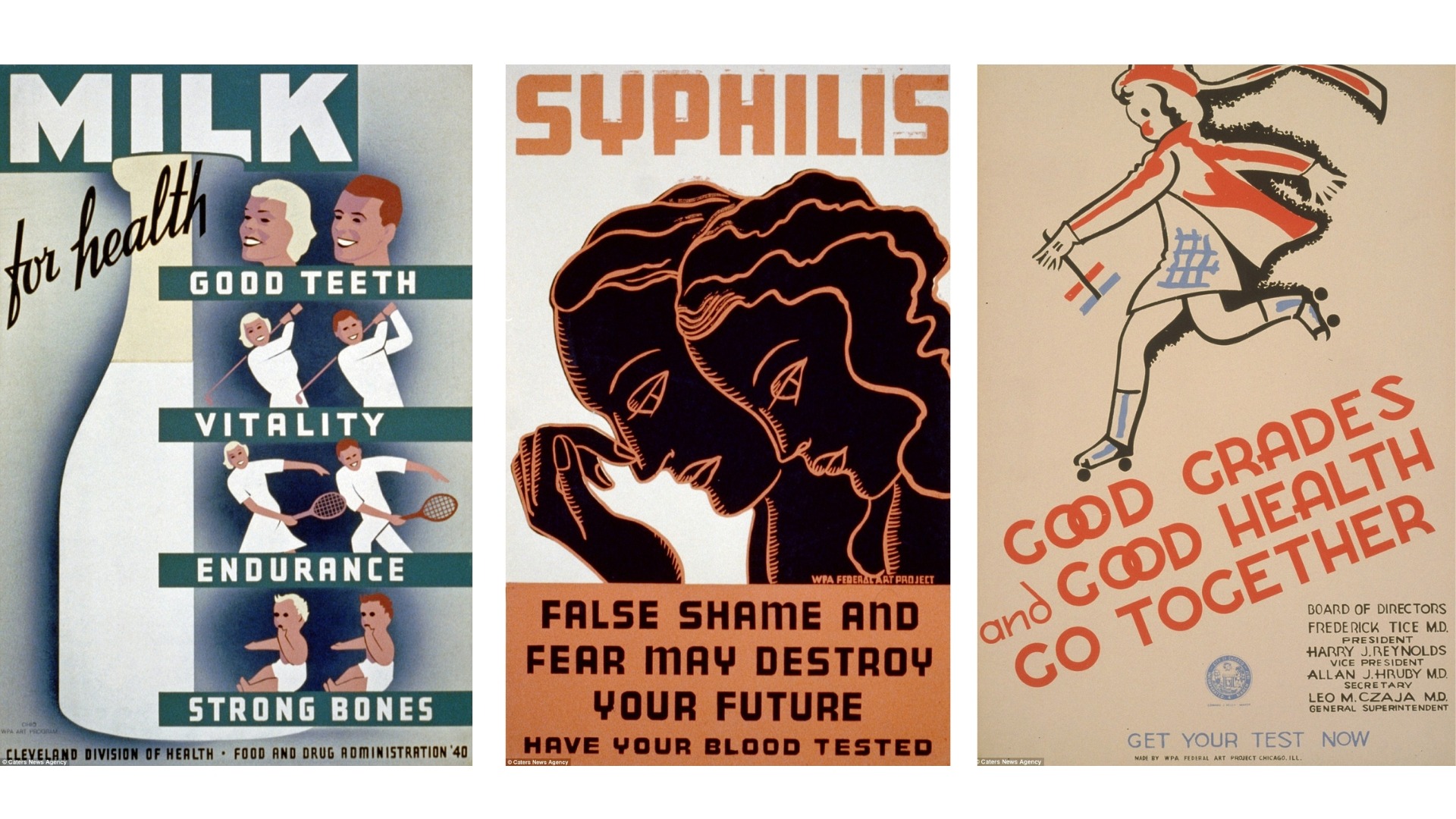11 women die every day from ovarian cancer. That is more than the number of people who die every day in road accidents. But we’ve never put out a press release saying that – it is a statistic that would grab attention, but it benefits no one to create a hierarchy of suffering.
We do not want our supporters to support us because they think ovarian cancer is ‘worse’ than another cancer or another disease – any diagnosis is devastating. We definitely do not want women with ovarian cancer to think they have a ‘worse’ diagnosis than someone else, because it isn’t a competition either.
So how do we grab attention in this crowded marketplace of daily discoveries, new data, lifestyle risks and more?
It is all about the storytelling. That’s not us telling someone else’s story, it is voices from the community of immensely inspiring, powerful and brave women with ovarian cancer, and their family members.
I am constantly astounded by the determination of these women to get their stories out there. I’ve sat beside them in TV studios, and although they are shaking with nerves, they are there because “if one woman sees this and goes to the GP, it’s worth it”. I’ve had women sincerely apologise for not being able to do an interview because they have chemo that day; women move their hospital appointments because they are intent on making it to parliament to influence policy-makers; women desperate to get their stories out there “as long as it doesn’t have a photo as the steroids make my face look puffy!”
We are between a rock and a hard place when it comes to talking about ovarian cancer. It is not a common cancer; but nor is it uncommon: “ovarian cancer is the fifth most common cause of cancer in women” isn’t a headline grabber. Awareness is low, both among women and GPs, there is no screening test for ovarian cancer and delays in diagnosis are common. There are very, very few treatment options for women, few developments to announce and survival outcomes are low. There is little in the way of ‘positive’ news.
Stories are our way to make ourselves heard in a way that I cannot with a press release alone. Only through one of our spokespeople telling a story of diagnosis and treatment can you truly understand how horrendous her experience has been: how hard it was when the GP didn’t send her for the right diagnostic tests the first time, how invasive and debilitating the treatment has been, how isolated she has felt and the impact the disease has had on her family, her relationships, her employment, her friendships.
We have a responsibility to look after our spokespeople – to ensure their stories are told responsibly in a way that accurately reflects their own experiences without taking advantage of their emotions at a difficult time. We also need to ensure their stories don’t terrify women who are just recently diagnosed, or parents or children of someone recently diagnosed – once a story is out there, we no longer have control of the messaging and how it is interpreted.
As with all things in PR, it comes down to relationships. As Target Ovarian Cancer staff, we pride ourselves on the relationships we have with women with ovarian cancer. Every single one of us speaks to women with ovarian cancer and their family members every single day. I know that is quite unique.
We work hard at these relationships – we encourage all our staff to attend our events, as that’s the best way to get to know our supporters and beneficiaries. We give staff time to ‘get some air’ after tough phone calls and recognise the need to unwind (‘Friday Fun’ anyone?) But ultimately, the women come first, they are at the centre of everything we do.
Because enough is enough, too many women are dying too soon from ovarian cancer. Through the powerful voices of our spokespeople, we will transform the futures of more than 25,000 women in the UK who are living with ovarian cancer – and thousands more who are yet to be diagnosed. We can empower them and facilitate them to TAKE OVAR. Together, we will raise awareness, fund research and save lives.
To join Target Ovarian Cancer’s campaign, visit: www.targetovariancancer.org.uk/TAKEOVAR
Alexandra Holden is Director of Communications at Target Ovarian Cancer, the UK’s leading ovarian cancer charity, which is currently receiving pro bono PR support from Say Communications for the It’s time to TAKE OVAR campaign. Through the campaign the charity will transform the future for women with ovarian cancer and aim to raise awareness, fund research and save lives.

